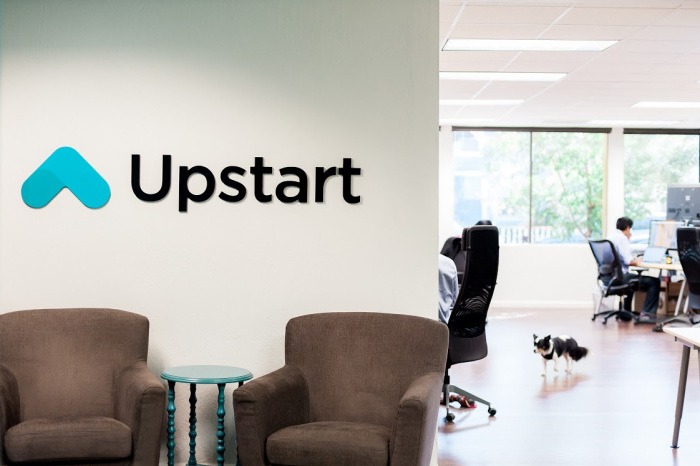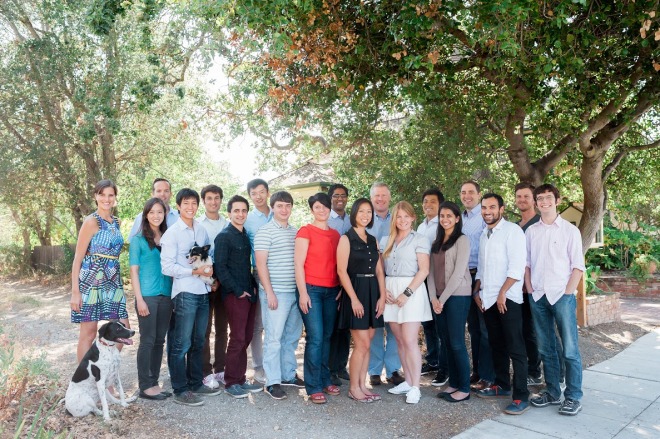
How Upstart Avoided the Four Common Mistakes of Community Building
August 17, 2020
Community building is an integral part of growing any business. Nielsen recently published a research report that states 77% of consumers are more likely to buy a new product when learning about it from friends or family. So how then does one convert regular users into a community of vocal advocates? Although each business has its own unique path to developing a strong community, there are some common practices to be avoided.
I sat down with Brigitte Bradford, a startup marketer based in Palo Alto to discuss how she helped Upstart overcome the common mistakes in community building.
Upstart is a business that provides loans to students and new graduates. It solves the problems that young adults go through to secure a financial loan. By taking academic backgrounds and work experience into consideration, Upstart sees more than just a “credit score” and offers reasonable loans to high potential applicants. Started in 2013, Upstart has since raised more than $7 million in seed funding and was part of the Thiel Fellowship.

How to Avoiding Community Building Mistakes
1) Simplify messaging
The best start-up idea is not the most complicated one
To build a community your customers have to be able to explain what you do. What would your business look like on a car bumper sticker? How would you explain it in a tweet? These were the questions Brigitte asked herself when customers expressed difficulty explaining Upstart to friends.
Upstart first launched with a novel financial product. On top of considering academic backgrounds and work experience during the underwriting process, Upstart had a unique loan system called the “Income Share Agreement”. Instead of a traditional loan with principals/interest, borrowers agreed to share a percentage of their future income for 5 or 10 years.
Startups often make the mistake of trying to change too many things in an industry to be “disruptive”. A fine balance needs to be made. How do you expect customers to advocate for you when they can’t even sum up the different things your business is trying to accomplish?
Evernote is a great example of an online business that boasts a simple ‘cut to the chase’ tagline that’s easy to share with their community. They pride themselves on being “one workspace” – an application that lets you store notes whether it’s on your phone, computer, at work, or at home.
2) Park emotions at the door
If the markets aren’t listening or responding, then you have to let go and do what people want.
It can be hard not to get emotionally attached to your startup – after all, it’s a product made by you! With Upstart, although many users appreciated the unique underwriting process, it became clear that there was a strong market and interest for a more traditional loan. Using the same income prediction model at the heart of their original offering, the company began exclusively offering a more conventional 3 year fixed rate loan.
By listening to their community of customers, Upstart has since experienced 100% month-over-month growth. Not only did this change attract new customers but it made it easier for current users to share and advocate for Upstart. Additionally, features that you take out today could very well come back at a later stage of the business. Boasting this “customer-first” mentality is important when community building.
3) Own your messaging
If you are calling yourself disruptive, own it, be willing to put yourself out there.
Part of having a brand is owning that relationship you have with customers. When you think of your best friend, would you classify that relationship as authentic or fake? Hopefully, it’s authentic. This same principle applies when building a community. This is how Brigitte describes Upstart:
- We are a smart, hardworking bunch
- We boast an open door policy (Send anybody an email anytime – [email protected])
- We love data
- We want to empower people financially with information and services that utilize technology
The personality that you are forming in your mind right now is exactly how Upstart is. From their open email policy to lightning fast customer service, Upstart truly lives up to who they promote themselves to be. For example, they just ran a bold, “hipster-esque” advertisement on Facebook, receiving likes, dislikes, and even media coverage.
Upstart ran a unique email campaign for their online community entitled “Are you financially smarter than the average American?” – Sparked by recent news suggesting how US citizens generally have lower financial IQ than other OECD countries, Upstart created a 10-question quiz that challenged blog readers. This was extremely well received and generated a large number of views and referrals. By embedding core values into the company DNA, your customers will have a better expectation and appreciation of your brand.
4) Engage in ways your competitor can’t
…the things our competitors are not doing well, how much time would it take for us to do that stuff well…
Nothing rallies people together more than solving a problem. Every business answers a problem or need. Companies use this subject matter to their advantage when building a community!
When Upstart created their blog, they wanted to ensure it embodied the company’s core personality and mission. Looking at the blogs written by large American banks, a lot of complicated financial jargon was used. To contrast, Brigitte made sure that every article was written in a friendly, easy to understand manner that spoke directly to their community. Gifs, graphs, and pop-culture references were even used to add a more human element to this traditional, boring financial content. Brigitte mentions it’s important to respond to customer feedback with quick adaptivity. If readers enjoyed the blog post on credit scores, then write 3 or 4 more articles on different angles of credit scores! Always test your market and maximize customer responses.
Upstart: The Kickstarter for People

A huge thanks goes out to Brigitte from Upstart as she shares these best case practices in community building. If you are interested in learning more about Upstart be sure to check out their website and follow Brigitte on Twitter! Comments or suggestions for community building? I would love to read them so write them out below. To wrap things up, here are some fun questions I asked Brigitte:
Pet Peeve:
People who say they are bored.
Cups of Coffee a Day:
On average 2 – 3 big cups of coffee a day.
Morning Ritual:
10 minutes of meditation and 10 minutes of yoga.
Book Recommendations:
Predictably Irrational by Dan Ariely. Check out our team’s summer reading list!
Unique fact:
Traveled and volunteered in Tanzania for 2 months.
Favorite Quote:
Upstart lives by the “Just Do it” model – At the office, if you need to do something, just do it. If you have to apologize later that’s fine! No need to ask for permission, just get stuff done.






